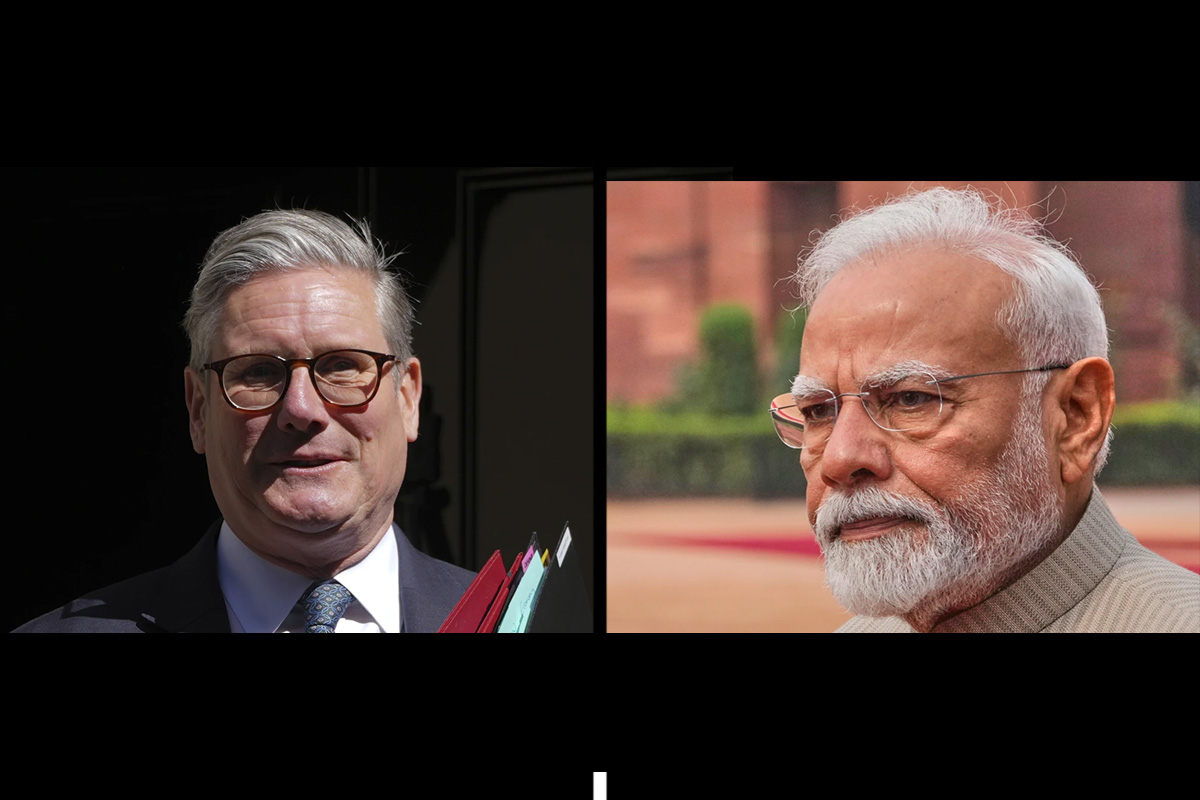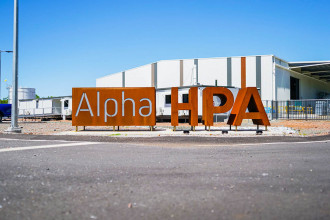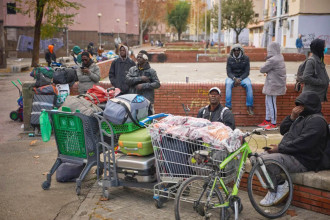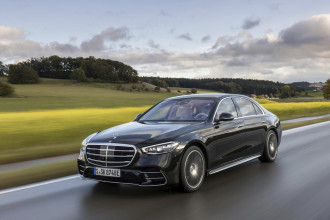
LONDON: Britain and India announced on Tuesday that they have reached an extensively negotiated free trade agreement that will reduce tariffs on key products, including Scotch whisky and English gin exported to India, and Indian food and spices sent to the UK.
The deal comes more than three years after negotiations began—and later stalled—under a previous British government.
Indian Prime Minister Narendra Modi said on X that the agreement was "ambitious and mutually beneficial." British Prime Minister Keir Starmer described it as a "landmark."
"This is the biggest trade deal that the UK has done since we left the EU, and it’s the most ambitious trade deal that India has ever entered into," Starmer said.
The UK government stated that the agreement will lower Indian import taxes on British goods, including whisky, cosmetics, medical devices, cars, aircraft parts, and lamb. Tariffs on whisky and gin will be halved from 150% to 75%, before further decreasing to 40% by the tenth year of the deal. Automotive tariffs will fall from over 100% to 10% under a quota system.
India’s Trade Ministry said 99% of Indian exports will be exempt from import duties under the deal, including textiles, marine products, leather, footwear, toys, gems, and jewellery.
"This brings us closer to our goal of becoming a global economic powerhouse. It safeguards our core interests while enabling India to enhance its participation in global value chains," said Trade Minister Piyush Goyal.
Modi’s office stated that the agreement covers trade in both goods and services and will "unlock new potential for the two nations to jointly develop products and services for global markets."
Britain estimates that the trade deal will boost bilateral trade by £25.5 billion ($34 billion) annually from 2040 and add nearly £5 billion ($6.7 billion) per year to the British economy.
Mark Kent, chief executive of the Scotch Whisky Association, described the agreement as "transformational" for the industry. India, home to 1.4 billion people, is the world’s largest whisky market, and Kent said the deal has "the potential to increase Scotch whisky exports to India by £1 billion over the next five years."
The issue of visas for Indian nationals was a key sticking point in the negotiations. The British government is under pressure to reduce immigration numbers, a concern intensified by the success of Reform UK, an anti-immigration party, in local elections in England last week.
Business Secretary Jonathan Reynolds said the trade deal would "have no impact on the immigration system," but would introduce "modest changes to business mobility."
The agreement permits Indian musicians, chefs, and yoga instructors to apply for UK visas and includes a three-year exemption from British social security contributions for Indian workers in the UK. The same exemption will apply to British workers in India.
The deal, which must be ratified by both governments, comes as nations globally seek to negotiate trade agreements to counter tariffs introduced by former US President Donald Trump on America’s trading partners.
Rain Newton-Smith, chief executive of the Confederation of British Industry, welcomed the deal, describing it as "a beacon of hope amidst the spectre of protectionism."
Formal UK-India trade negotiations commenced in 2022, long before Trump’s re-election. Then-Prime Minister Boris Johnson hailed a free trade agreement as a priority following Britain’s departure from the European Union in 2020, famously promising it would be completed by Diwali in October 2022.
The two countries engaged in 13 rounds of negotiations without a breakthrough before discussions were suspended during general elections in both nations in 2024.
Modi was re-elected, and Britain replaced its Conservative government with one led by Starmer’s Labour Party.
The two leaders spoke by phone on Tuesday, with Modi inviting Starmer to visit India soon. Starmer’s office stated that he would travel "at the earliest opportunity."
By RSS/AP





